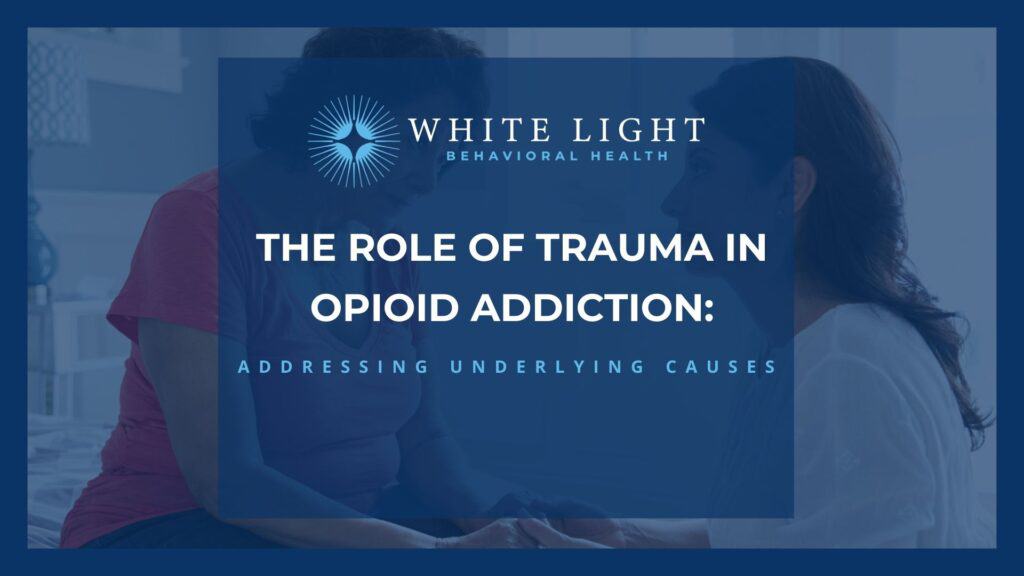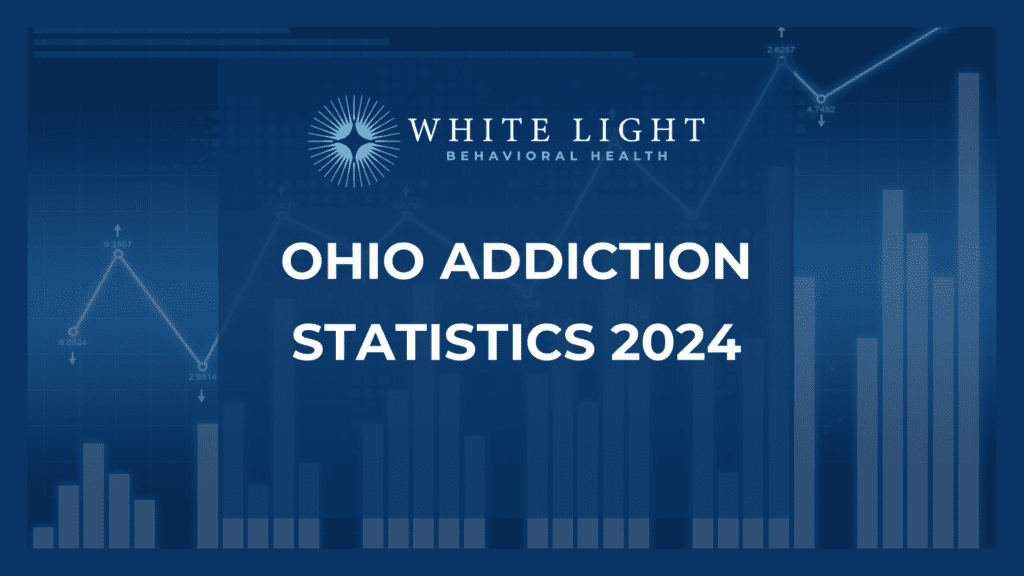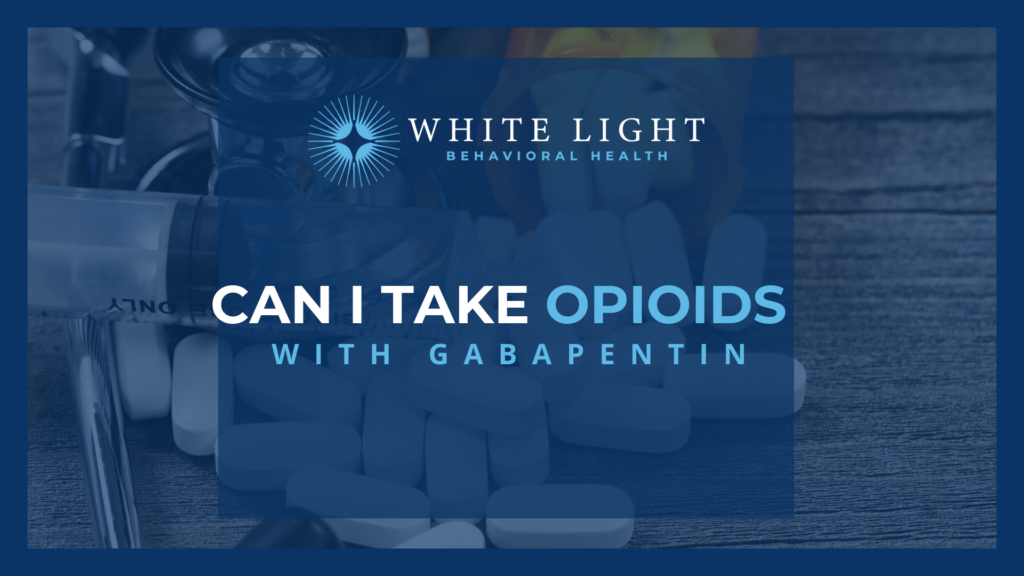The Intersection of Trauma and Addiction: Understanding the Link and Addressing Underlying Causes
Opioid addiction has reached epidemic levels in the United States, with millions of individuals struggling with addiction to prescription opioids, heroin, and fentanyl. While there are many risk factors for addiction, one of the most significant is trauma. Trauma is defined as an emotional and psychological response to a deeply distressing or disturbing experience, such as physical or sexual abuse, neglect, violence, or a natural disaster. Individuals who have experienced trauma are at a higher risk of developing opioid addiction. This article explores the role of trauma in opioid addiction and the importance of addressing underlying trauma as part of addiction treatment.
The Link Between Trauma and Addiction
Trauma is a significant risk factor for addiction, particularly opioid addiction. Studies have shown that individuals who have experienced trauma are more likely to develop a substance use disorder. Trauma can cause significant emotional and psychological distress, and individuals may turn to drugs as a way to cope with their pain and suffering.
According to the National Institute on Drug Abuse (NIDA), individuals who have experienced trauma are more likely to suffer from chronic pain, which can increase the risk of opioid addiction. Additionally, individuals who have experienced trauma may have a higher tolerance for pain medication, which can increase the risk of overdose.
Types of Trauma and Their Impact on Addiction
Many types of trauma can impact an individual’s risk of developing addiction, including childhood trauma, sexual trauma, combat trauma, and medical trauma. Each type of trauma can have a significant impact on an individual’s mental and emotional well-being and can increase the risk of developing opioid addiction.
Childhood trauma, such as physical or sexual abuse, can cause significant emotional and psychological distress that can last well into adulthood. Adults who have experienced childhood trauma are at a higher risk of developing opioid addiction.
Sexual trauma, such as rape or sexual assault, can cause significant emotional and psychological distress that can lead to drug use as a coping mechanism.
Combat trauma, such as post-traumatic stress disorder (PTSD) experienced by veterans, can lead to opioid addiction as veterans attempt to manage the symptoms of their condition.
Medical trauma, such as a serious illness or injury, can lead to opioid addiction as individuals attempt to manage their pain and suffering.
Trauma-Informed Care in Addiction Treatment
Trauma-informed care is an approach to addiction treatment that recognizes the impact of trauma on an individual’s mental and emotional well-being. It involves creating a safe and supportive environment that is sensitive to the unique needs of individuals who have experienced trauma.
Trauma-informed care involves a number of principles, including safety, trustworthiness, choice, collaboration, and empowerment. By incorporating these principles into addiction treatment, individuals can feel safe and supported as they work to overcome their addiction and address underlying trauma.
Treatment Options for Trauma and Addiction
Treating underlying trauma is a critical component of addiction treatment, particularly for individuals who have experienced significant trauma in their lives. There are several treatment options available for trauma and addiction, including cognitive-behavioral therapy (CBT), eye movement desensitization and reprocessing (EMDR), dialectical behavior therapy (DBT), and group therapy.
CBT is a type of psychotherapy that can be effective in managing the symptoms of trauma and addiction. CBT focuses on changing negative thought patterns and behaviors that can worsen addiction and trauma.
EMDR is a type of psychotherapy that involves a series of eye movements that can help to reduce the symptoms of trauma and addiction.
DBT is a type of psychotherapy that focuses on mindfulness and emotional regulation. DBT can be effective in managing the symptoms of trauma and addiction.
Group therapy can be effective in addressing both addiction and trauma. In group therapy, individuals can connect with others who have experienced similar trauma and addiction and can learn from each other’s experiences.
In addition to psychotherapy, medication-assisted treatment (MAT) can be effective in managing opioid addiction. MAT involves the use of medications such as buprenorphine, methadone, and naltrexone, combined with counseling and other behavioral therapies. MAT can be particularly effective for individuals who have experienced trauma, as it can help to reduce cravings and manage withdrawal symptoms.
Coping Strategies for Managing Trauma and Addiction
Managing both trauma and addiction can be challenging, but there are a number of coping strategies that can be effective in reducing symptoms and improving overall well-being. This section guides coping strategies for managing trauma and addiction, including mindfulness techniques, stress reduction strategies, and self-care practices.
Mindfulness techniques, such as meditation and deep breathing exercises, can help to reduce stress and anxiety, which can worsen both addiction and trauma. Stress reduction strategies, such as exercise and yoga, can also help to reduce symptoms of both addiction and trauma.
Self-care practices, such as getting enough sleep, eating a healthy diet, and engaging in activities that bring joy and fulfillment, can help to improve overall well-being and reduce symptoms of both addiction and trauma.
Conclusion
Trauma is a significant risk factor for opioid addiction, and addressing underlying trauma is a critical component of addiction treatment. By incorporating trauma-informed care into addiction treatment, identifying and addressing underlying trauma, and developing healthy coping strategies, individuals can improve their chances of long-term recovery and reduce the risk of relapse.
At White Light Behavioral Health, we recognize the impact of trauma on addiction and offer a range of trauma-informed treatment options to support individuals on their journey to recovery. By providing a safe and supportive environment that is sensitive to the unique needs of individuals who have experienced trauma, we can help individuals overcome their addiction and address underlying trauma, leading to a healthier and happier life.
How does trauma contribute to opioid addiction?
Trauma can significantly contribute to opioid addiction by triggering emotional distress and disrupting normal brain function. Individuals may turn to opioids as a coping mechanism to alleviate symptoms of trauma such as anxiety, depression, or intrusive thoughts. Moreover, trauma can lead to changes in brain chemistry, making individuals more susceptible to substance abuse and addiction.
Can addressing trauma reduce the risk of opioid addiction?
Yes, addressing trauma can reduce the risk of opioid addiction. By providing trauma-informed care and therapies, individuals can learn healthier coping mechanisms and reduce reliance on opioids to manage their emotional pain. Additionally, addressing trauma can help individuals heal underlying psychological wounds, making them less vulnerable to substance abuse.
How common is it for individuals with a history of trauma to develop opioid addiction?
Research suggests that individuals with a history of trauma are at a higher risk of developing opioid addiction compared to those without trauma. Trauma can increase susceptibility to addiction by disrupting the brain’s reward system and impairing stress response mechanisms. Consequently, individuals may turn to opioids to self-medicate symptoms related to trauma, increasing their likelihood of addiction.
How can trauma-informed care help individuals with opioid addiction?
Trauma-informed care recognizes the widespread impact of trauma and integrates this understanding into treatment approaches for opioid addiction. By creating a safe and supportive environment, trauma-informed care addresses the underlying causes of addiction, helps individuals develop coping skills, and fosters resilience in recovery.
What types of trauma are commonly associated with opioid addiction?
Various types of trauma can be associated with opioid addiction, including physical, emotional, and sexual abuse, neglect, accidents, natural disasters, and witnessing violence. Each type of trauma can have profound psychological effects, leading individuals to seek relief through substance use, including opioids.
How does childhood trauma impact opioid addiction in adulthood?
Childhood trauma can have long-lasting effects on physical and psychological development, increasing the risk of opioid addiction in adulthood. Adverse childhood experiences (ACEs), such as abuse, neglect, or household dysfunction, can alter brain structure and function, making individuals more vulnerable to addiction later in life.
What role does epigenetics play in the relationship between trauma and opioid addiction?
Epigenetic changes, which alter gene expression without changing the underlying DNA sequence, can be influenced by exposure to trauma. These changes may predispose individuals to addictive behaviors, including opioid addiction, by altering the expression of genes related to stress response, reward processing, and emotional regulation.
Is there a link between chronic pain, trauma, and opioid addiction?
Yes, there is a link between chronic pain, trauma, and opioid addiction. Chronic pain, often stemming from traumatic injuries or medical conditions, can increase the risk of opioid addiction due to prolonged opioid use for pain management. Additionally, trauma may exacerbate pain perception, leading individuals to seek relief through opioid medications, further fueling addiction.
How does the opioid epidemic intersect with trauma-informed approaches in Ohio?
In Ohio, the opioid epidemic has prompted a shift towards trauma-informed approaches in addiction treatment and prevention efforts. Recognizing the role of trauma in fueling addiction, Ohio has implemented initiatives to train healthcare providers, law enforcement, and community organizations in trauma-informed care. By addressing trauma alongside substance use, Ohio aims to improve outcomes for individuals struggling with addiction.
Can addressing trauma help combat the opioid epidemic in Ohio?
Yes, addressing trauma is essential in combatting the opioid epidemic in Ohio. By implementing trauma-informed approaches in prevention, treatment, and recovery services, Ohio can address the underlying causes of addiction and reduce the demand for opioids. Moreover, trauma-informed care can help individuals heal from past trauma, empowering them to lead healthier, substance-free lives.

Share This Post



